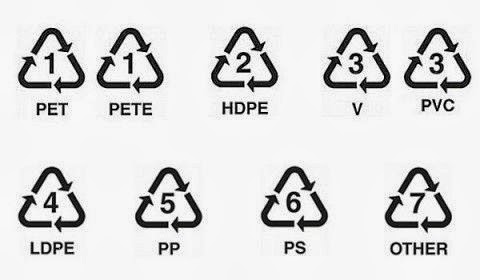Assorted links: some news and studies
Some interesting News (put your eye on it):
- Islamic Banking Proposals Get IMF Approval (IMF Direct).
- New York Cybersecurity Regs to Take Effect March 1 (Risk Manager Monitor).
- The junk in Earth’s orbit threatens the space economy. You never see it in those lovely NASA pictures of Earth, but the space surrounding our pale blue dot is a cosmic junkyard. This pollution poses an existential risk for greater commercialization of space, from the grand ambitions of Elon Musk and Jeff Bezos to other players who see promising futures in the cosmos.
Recommended studies this week:
- Adoption Costs of Financial Innovation: Evidence from Italian ATM Cards. Abstract: The discrete choice to adopt a financial innovation affects a household’s exposure to inflation and transactions costs. We model this adoption decision as being subject to an unobserved cost. Estimating the cost requires a dynamic structural model, to which we apply a conditional choice simulation estimator. A novel feature of our method is that preference parameters are estimated separately, from the Euler equations of a shoppingtime model, to aid statistical efficiency. We apply this method to study ATM card adoption in the Bank of Italy’s Survey of Household Income and Wealth. There, the implicit adoption cost is too large to be consistent with standard models of rational choice, even when sorted by age, cohort, education or region (Bank of Canada Staff Working Paper 2017-8).
- Global trade: Drivers behind the slowdown. Abstract: A growing literature aims to understand the remarkable slowdown in global trade growth in recent years. This column discusses a chapter in the IMF’s October 2016 World Economic Outlook on the drivers of the trade slowdown, and compares the findings to those of other recent studies. It argues that a variety of factors have contributed to weak trade growth, with widespread anaemic economic activity and the change in its composition being among the key drivers (VOX).
- In search of a European solution for banks’ non-performing loans. Abstract: European banks have not recovered from the Global Crisis, in part due to heavy provisions for non-performing loans. This column argues that a comprehensive approach to the issue in Europe could address market inefficiencies and reduce bad loans to bearable levels. The establishment of a European scheme to securitise non-performing loans should form one of the next steps towards recovery (VOX).
- Foreign booms, domestic busts: The global dimension of banking crises. Abstract: Banking crises tend to happen in ‘waves’ across countries. In examining why this occurs, this column shows how foreign financial developments in general, and global credit growth in particular, are powerful predictors of domestic banking crises. The channels seem to be financial rather than related to trade, and include transmission of market sentiment, cross-border portfolio flows, and direct crisis contagion (VOX).
- Follow the money: The impact of natural resource windfalls on the financial sector. Abstract: The financial sector plays a critical role in intermediating domestic savings into domestic investment, so it should serve as an important absorption tool for natural resource windfalls. Using a panel dataset of over 150 developed and developing countries, this column argues that unexpected exogenous windfalls from natural resource rents are not intermediated. The findings are consistent with the negative long-term relationship between the reliance of a country on natural resources and financial sector development (VOX).


Comentarios